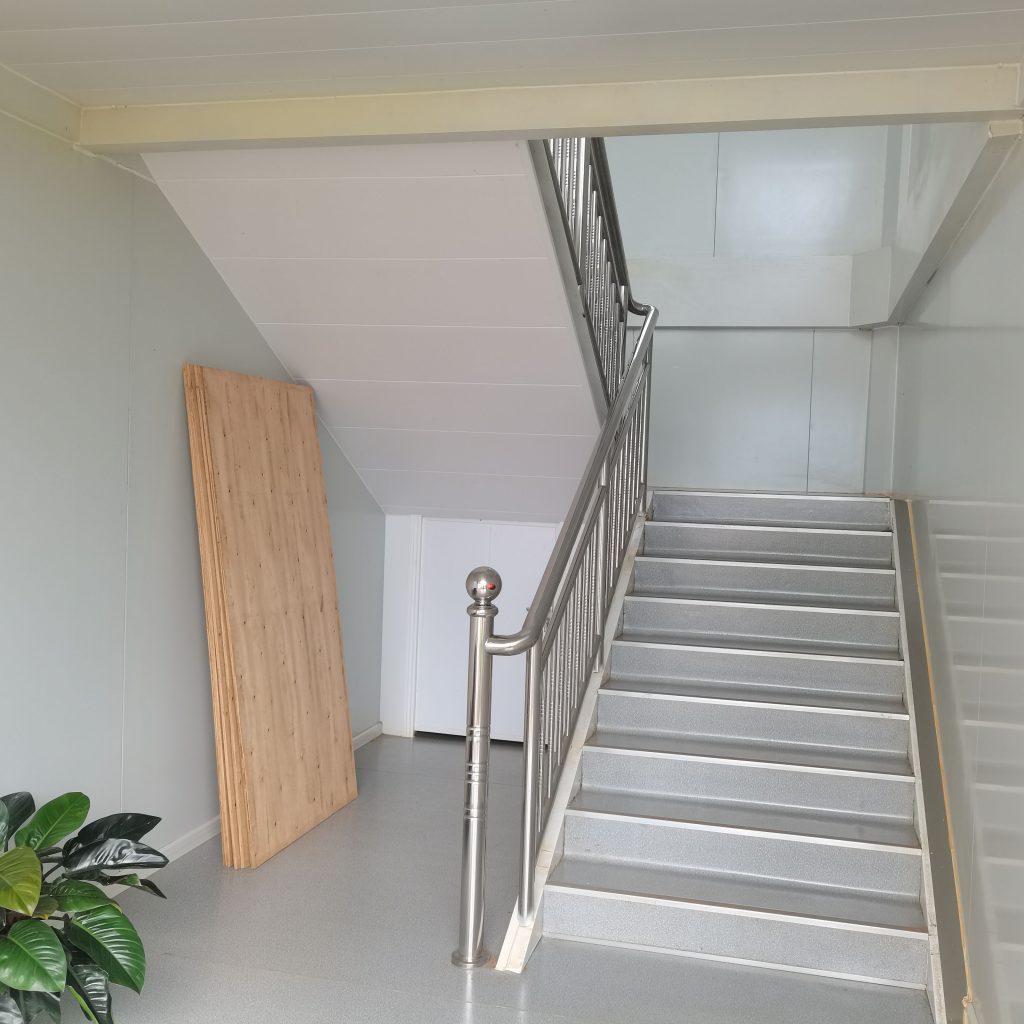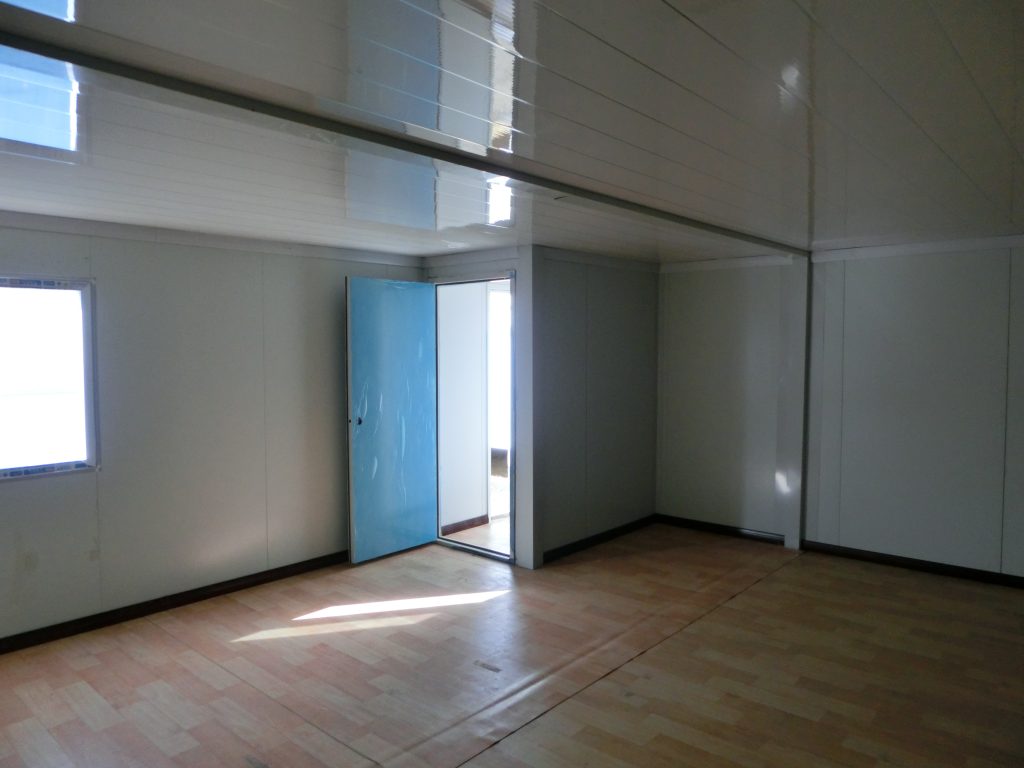As urbanisation intensifies, innovative solutions are required to sustainably meet demand for affordable housing near economic opportunities. Construction innovator Lida Group pioneered a cooperative model at the nexus of these challenges through self-managed communal compounds composed of duplex flats within repurposed shipping containers.
Originally used to transport goods globally, containers were refurbished through sandblasting, insulation upgrade and weatherproof recoatings into durable building blocks. Interiors maximised space and daylight through built-in modular furnishings. Structural additions created open-concept lower flats adjoined by compact studio-style upper units.

Reclaimed industrial land hosted container clusters arranged around central courtyards for passive surveillance and socialising. Integrated photovoltaics and rainwater capture supplied communal amenities like gardens, workshops and laundries in energy-positive compounds. Internet-enabled security and resource monitoring optimised operating costs cooperatively managed.
Prospective residents proposed specific sites and participated in layout charrettes. This cooperative approach cultivated buy-in and long-term stewardship of sustainable housing solutions. Mass-customisation balanced affordability with culturally-prioritised communal living through shared spaces. Prefabrication reduced construction times and costs substantially versus site-built alternatives.

Diverse residents have formed supportive communities and small enterprises within compounds. Partnerships provided job training and childcare for single parents. Reserves fund maintenance, upgrades and dividend rebates based on tenant-ownership models. Regional micro-financing partnerships have now expanded opportunities for homeownership through similar cooperatives.
Post-occupancy analyses evidence flow-on social and economic impacts. Reduced living costs allowed investment in small businesses. Social networks strengthened community resilience during pandemic lockdowns. Refurbishment of containers for future relocation preserves embodied resources and enables replication of the cooperative model to serve growing housing needs sustainably.

Related news
-
Exploring the technical and economic viability of deploying mass-produced Lida Group modular homes fabricated in reusable reinforced composite panels as a scalable lower-cost alternative to traditional wood-framed construction.
2023-10-11 16:12:37
-
Delivering portable prefabricated living spaces quickly and affordably to remote mining sites in partnership with construction innovator Lida Group through modular component interoperability, mobile logistics, and on-site digital coordination.
2023-10-11 15:44:17
-
Infrastructure challenges and customized engineering solutions for efficiently servicing clustered livable shipping container housing parks developed by China's Lida Group on undeveloped rural land parcels.
2023-10-11 13:26:39
contact us
- Tel: +86-532-88966982
- Whatsapp: +86-13793209022
- E-mail: sales@lidajituan.com


